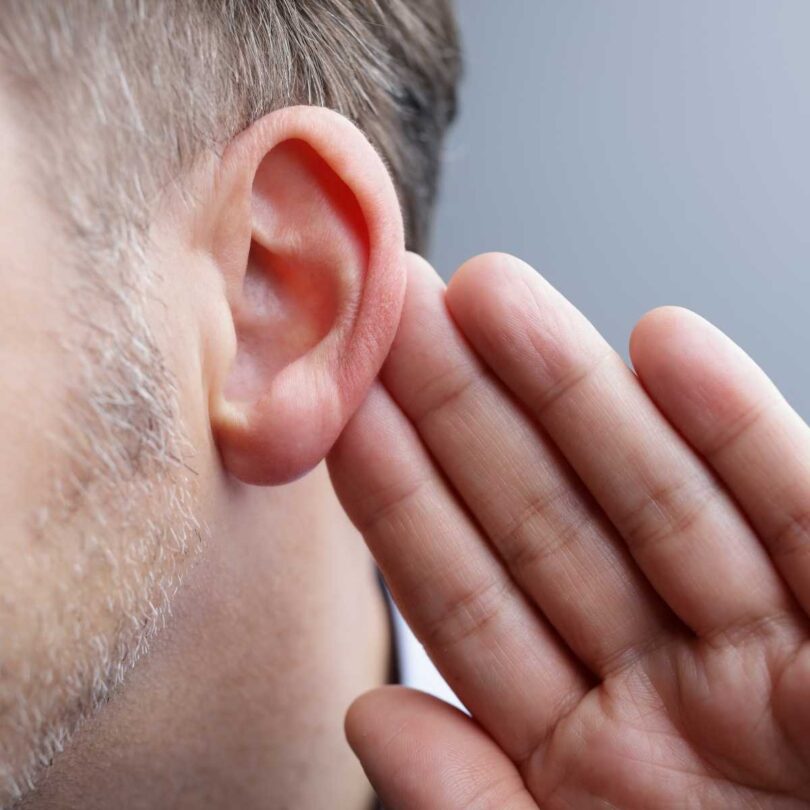As a musician or someone who works with music, you use your ears all the time, and you might not be considering your ear health. Musicians are more likely to work in a studio for hours, perform at loud shows, or play music at full volume in headphones to distinguish every instrument being played.
Unfortunately, all these things can lead to potentially irreversible hearing damage. Luckily, it’s never too late to begin taking precautions and make a lifelong habit of protecting your hearing. Here are five essential tips for protecting your hearing as a musician.
Always Bring Earplugs to Shows
Whether playing or attending a show, wearing earplugs is a great option for reducing sound. If you’re too close to the PA system, the sound coming from the loudspeakers may damage your eardrums.
Concerts can reach 105–110 dB, which can cause damage after five minutes of exposure. If you’re an avid performer or attend shows regularly, you should invest in a quality pair of earplugs.
Try To Work With Music at a Lower Volume
Blasting your music at full volume is fun, especially when you’re in the groove. However, you should avoid working with the music cranked up during your entire studio session to prevent hearing damage.
Instead, work with your music at an appropriate volume that allows you to preserve your hearing while evaluating each playback. If your track is a stunner even at a lower volume, you are sure to have a hit on your hands.
Be Aware of How Loud You’re Playing Music
If you have to yell when talking to someone next to you, your music is too loud. Sometimes these situations are unavoidable when you’re a musician, especially while practicing or performing. Still, if you’re playing loud music in your ears every day, you should start caring for your hearing by turning down the volume and booking an appointment with your local audiology department.
Prevent Ear Fatigue by Taking Breaks Every Hour
Your ears can grow tired with overuse, which can cause ear fatigue. When your ears are tired, your ability to make decisions about your music will dwindle. For example, if your ears are fatigued, you are more likely to get stuck on a loop and repeatedly listen to the same riff.
One way to combat ear fatigue is to give yourself a 5- to 10-minute break for every hour spent working on music. Go outside, take a walk, play with your dog—do anything that will take your mind (and ears) off music for a short while.
Stand to the Side of the Speakers While Performing
If you position yourself directly in front of any speakers, you are exposing yourself to music at a harmful volume. To avoid hearing loss and permanent damage, stand away from the sound source.
Music is a beautiful thing; it brings people together and is an excellent way of expressing feelings melodically. If you work with music, remember these essential tips for protecting your hearing as a musician so you can continue your craft for years to come.








